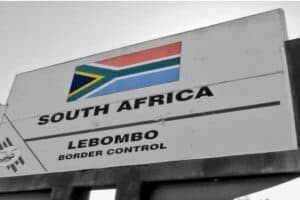Ghana's government has promised the immediate closure of high-risk fuel stations after a tanker carrying natural gas caught fire and caused an explosion that killed seven.
A total of 132 people were also injured in the blaze at the liquefied gas filling station in the Legon area of Accra last Saturday, which spread to a nearby petrol station.
Ghana’s presidency said it was the ninth such incident in the last three years. The deadliest was in June 2015, when more than 150 died in a fire and explosion, also in the capital.
Cabinet ministers met on Thursday to discuss tightening regulations and ensuring strict compliance to protect the safety of workers and the public.
“High-risk stations will be immediately closed down in accordance with relevant law and without regard to any political or special interest,” a statement said.
“High-risk” was not defined but Ghanaians have expressed concern about the number of fuel stations situated in residential areas.
The Atomic Junction area of Legon, where last Saturday’s explosions occurred, has three fuel stations near homes, businesses, a school and the University of Ghana campus.
The latest proposals include a ban on LPG outlets from refilling cylinders on site, and ensuring bottling plants are away from busy commercial and residential areas.
The National Petroleum Authority, which issued similar proposals in May this year, will be ordered to inspect all gas stations and enforce existing regulations.
The current licensing regime will also be looked at and training revamped to improve safety for workers in the industry, and for consumers.
A task force will be deployed within 30 days to assess the risk of LPG infrastructure to the health and safety of the public.
The presidency said there would be tough sanctions on “any operator or regulatory officials against whom any act of criminal negligence is established”.
“The safety of citizens is the paramount objective of government, and the president will take all necessary steps to ensure that citizens are safe,” it added.






